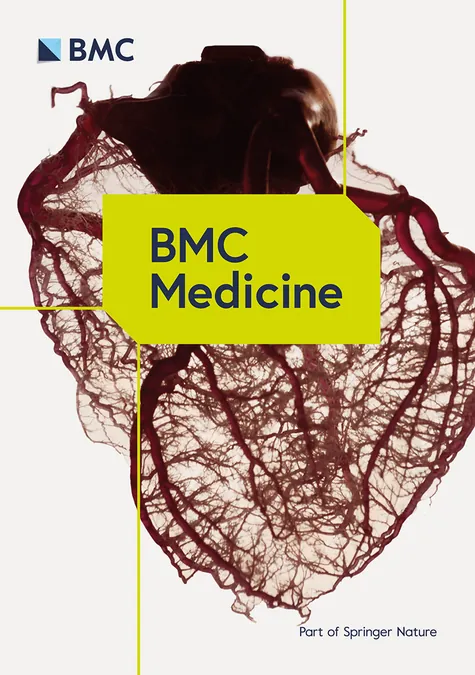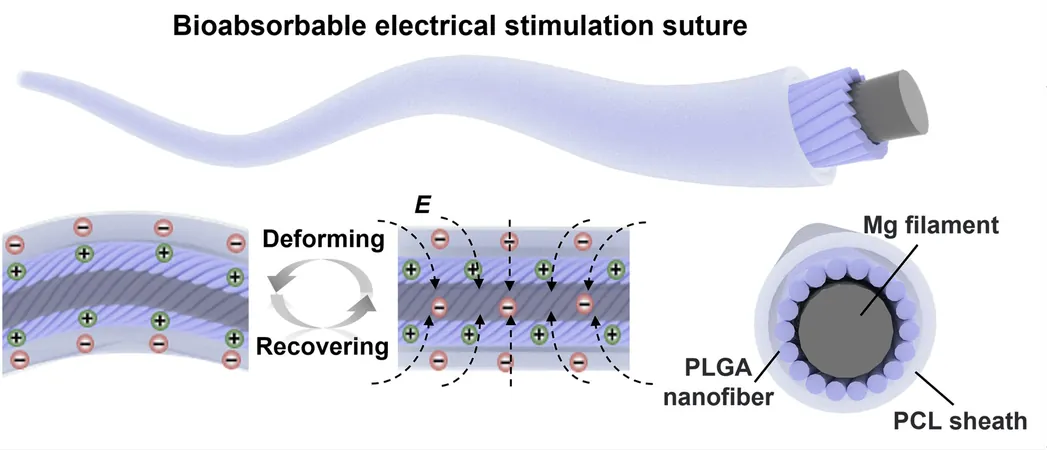
Unraveling the Connection: Does Tonsil Surgery Lower the Risk of COVID-19? Shocking New Findings from UK and Swedish Research!
2024-10-14
Author: Sarah
Large-Scale Research Unveils Surprising Insights
The UK Biobank contains extensive health data from approximately 500,000 individuals recruited between 2006-2010, while the AMORIS cohort consists of over 800,000 participants who underwent health examinations from 1985 to 1996 in Stockholm. This robust foundation allowed scientists to analyze data chronologically from the beginning of the pandemic, including details surrounding COVID-19 diagnoses and vaccinations.
Methodology: The Numbers Speak
The study examined 58,888 individuals from the UK Biobank and 451,960 participants from the AMORIS cohort. Those who had a surgical removal of tonsils—either through tonsillectomy or adenotonsillectomy—before the onset of the pandemic were classified as cases, while others were categorized as controls. The research aimed to determine whether individuals who had their tonsils removed faced a lower risk of contracting COVID-19 or experiencing severe symptoms upon infection.
Key Findings: Tonsillectomy and COVID-19 Risk
The results were compelling: individuals who underwent tonsil removal showed a notable reduction in the risk of both mild and severe COVID-19. In fact, tonsillectomy was associated with a 20% lower risk of mild COVID-19 and a 13% lower risk of severe COVID-19 in the UK Biobank cohort. Similarly, the AMORIS cohort found a significant 45% lowered risk of severe COVID-19 among those who had undergone tonsil surgery.
Possible Mechanisms Behind the Protection
But how could such a routine surgical procedure have such profound implications on COVID-19 outcomes? The tonsils are crucial components of the immune system, often serving as the first line of defense against infections. The removal of tonsils may reduce specific host factors that facilitate the entry of SARS-CoV-2, such as ACE2 receptors known for their role in the virus's infection mechanisms.
Moreover, the study suggests that individuals who had tonsillectomies may possess a unique immunological advantage, possibly related to their history of frequent respiratory infections, which could lead to a degree of cross-immunity to the coronavirus that causes COVID-19.
Implications for Public Health and Future Research
These findings raise critical questions for future studies. For instance, what might be the long-term implications of tonsil surgery on immunity and COVID-19 susceptibility? While the study does not suggest that tonsil removal is a cure or protective measure against COVID-19, it opens doors to further investigation into how surgical interventions could shape immune responses.
Conclusion: The Takeaway
As the research community continues to decode the myriad influences on COVID-19 risk, this new evidence suggests that the surgical removal of tonsils may contribute to a lower likelihood of experiencing severe outcomes from the virus. Individuals who have undergone tonsillectomy, especially those with underlying health conditions or advancing age, may benefit from understanding their unique health profiles.
It’s crucial for those considering tonsil surgery to discuss potential long-term health implications with medical professionals, particularly in the wake of ongoing and future infectious disease threats. The stakes have never been higher; uncovering the secrets of our immune system could very well be a game changer in our fight against pandemics!





 Brasil (PT)
Brasil (PT)
 Canada (EN)
Canada (EN)
 Chile (ES)
Chile (ES)
 España (ES)
España (ES)
 France (FR)
France (FR)
 Hong Kong (EN)
Hong Kong (EN)
 Italia (IT)
Italia (IT)
 日本 (JA)
日本 (JA)
 Magyarország (HU)
Magyarország (HU)
 Norge (NO)
Norge (NO)
 Polska (PL)
Polska (PL)
 Schweiz (DE)
Schweiz (DE)
 Singapore (EN)
Singapore (EN)
 Sverige (SV)
Sverige (SV)
 Suomi (FI)
Suomi (FI)
 Türkiye (TR)
Türkiye (TR)